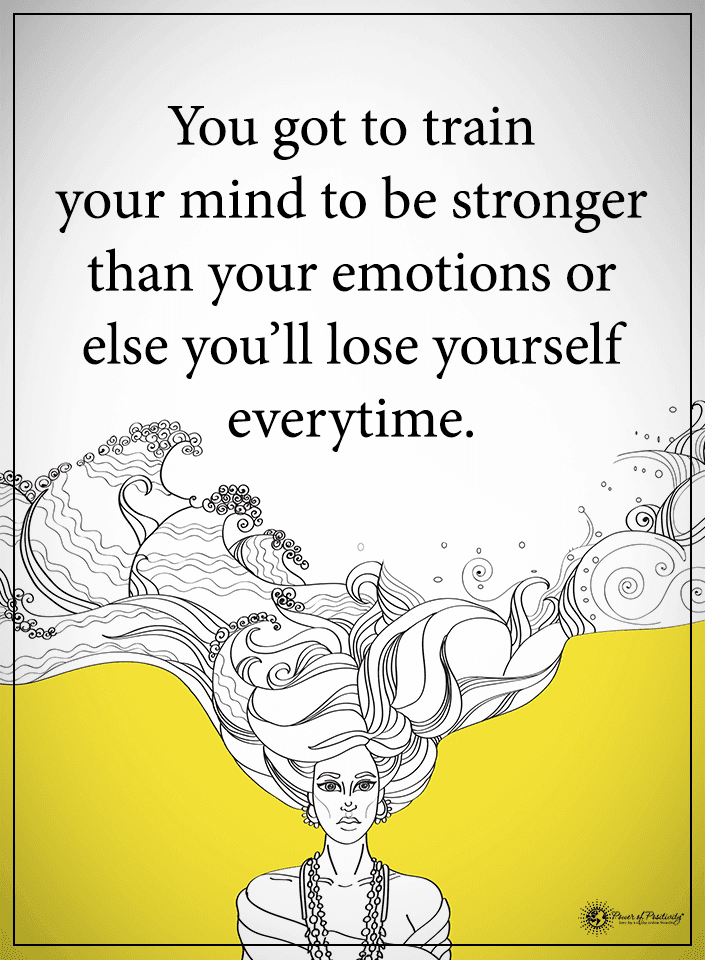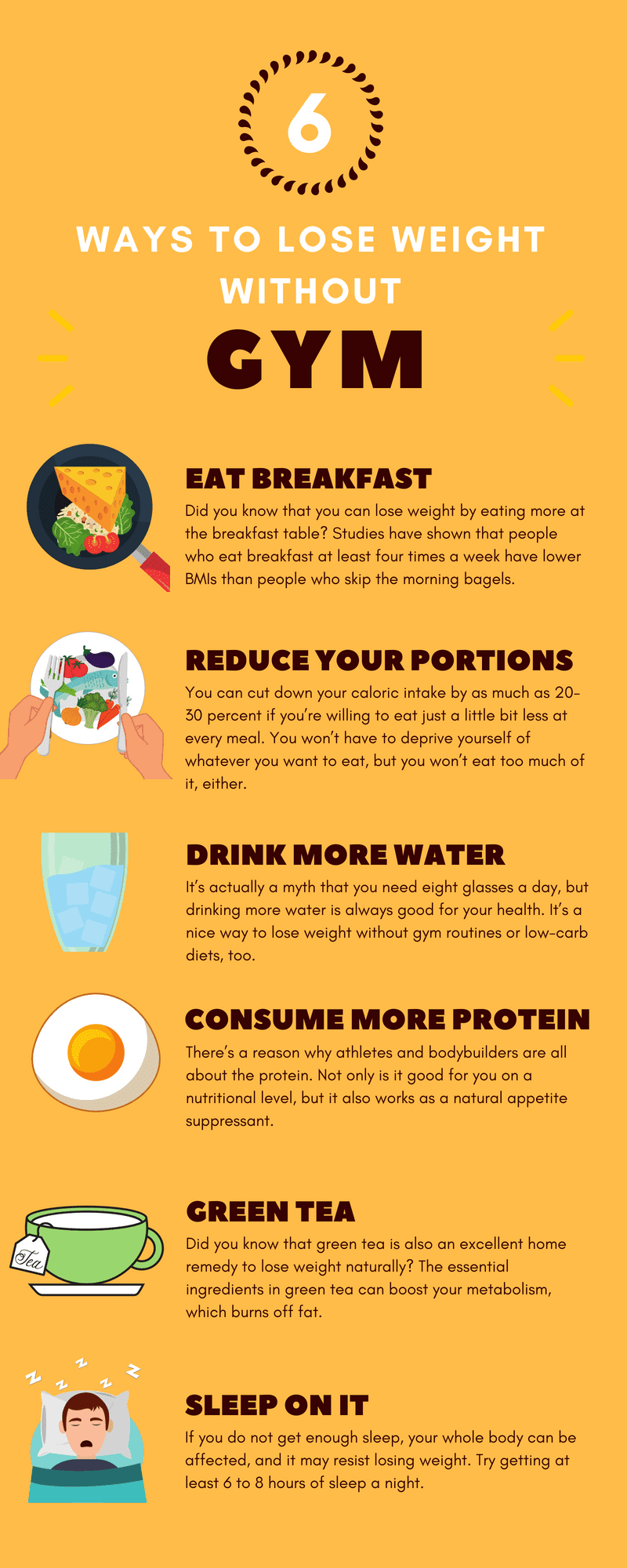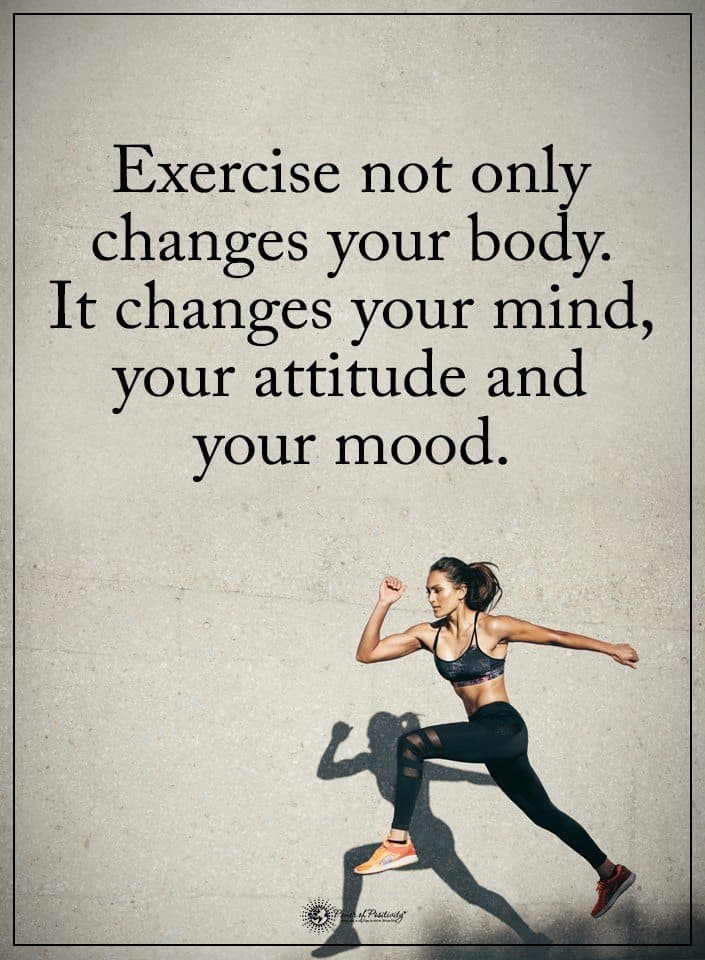Arguments can get heated, and it can happen quickly. Within moments, a slight disagreement can turn into a nasty argument. Usually, this is because the emotional states of those involved begin to heighten. You want to be able to control your emotions during any situation, but most importantly during an argument. Not only will controlling your emotions in an argument make you seem more clear-headed and knowledgeable, but it will also help keep the argument from getting out of hand. Here are some of the best ways to control your emotions when a discussion starts getting heated.
Here Are 5 Ways to Control Your Emotions in an Argument
“It’s amazing how issues of hurt feelings or differences can be resolved with a whisper. I counsel couples who are yellers to only communicate with a whisper and it greatly reduces the anger factor in their relationships.” – Barton Goldsmith, Ph.D
1. Don’t react immediately
Even in an argument (perhaps especially in an argument), you should try to take a step back. Take a breath, relax those tense muscles, and try to look at the situation from a calmer or more objective point of view. Dr. Carmen Harra, a clinical psychologist, believes that staving off your immediate reaction is one of the first steps to being able to control your emotions. This is especially relevant during an argument.
Taking the time to breath and center yourself will allow you to react in a calmer and more appropriate manner. Reacting right away can lead to saying things you would otherwise regret if you weren’t in a highly emotional state of mind.
2. Keep breathing
Purposeful breathing will help to take you out of the immediate situation and put you back in your body. Many people use breathing techniques as a way to control anxiety and panic attacks, therefore it’s no wonder that breathing can also be used to manage your emotions in an argument. Breathing is a technique known as “mindfulness,” which is used to keep you in your mind. It assists in keeping you centered.
You don’t have to breathe mindfully for a long time. In fact, just breathing in for a count of five, and out for a count of seven will be enough to calm you down. In addition, breathing can help make sure you don’t react immediately, and it will keep you focused on the more important issues at hand.
3. Keep your voice low
Raising your voice can be a gateway to losing control of your emotions in an argument. If you know that you tend to yell when you’re upset, try focusing on keeping your voice low and even. This will force you to keep your mind on what you’re saying and how you’re feeling, rather than letting your emotions control the volume of your voice.
Keeping your cool during an argument is all about being mindful of your emotions and body. Barton Goldsmith Ph.D states that many arguments which often result in raised voices and yelling can be resolved much more easily by whispering.
4. Take a break
When all else fails, it’s time to take a break. Emotions in an argument can get high, even when we’re doing our best to control them. If you feel your emotions starting to get out of control, the most responsible thing to do would be to call a timeout on the discussion. Allow yourself time to sit back, recognize your emotions, and process them.
Never feel that you have to sit and go back and forth in an argument until it’s completely resolved. In fact, taking a break and allowing both parties time to relax and de-stress serves as a major factor in being able to better control your emotions during an argument.
4. Focus on the matter at hand
How many times have you been in an argument and suddenly started getting upset about things that have happened previously? Or gotten into an argument where someone else began to bring up things that you thought were ancient history?
Bringing in these additional (and unnecessary) issues as firepower is a sure way for both people to lose control. To combat this, you want to focus entirely on the argument at hand. Don’t allow yourself to bring up other things that will only feed your negative emotions. Stay focused on what’s happening in front of you.
Final thoughts on controlling your emotions
It doesn’t take much to develop out-of-control emotions in an argument. This doesn’t mean that you’re a weak person. Rather, it means that you simply need more practice controlling your emotions. The above methods are the best ways to get control of your emotions even in the midst of a challenging argument. Psychologist and counselors agree that these methods will help anyone stay in control when a discussion is about to turn ugly, and therefore find solutions more quickly and with far less drama.
https://youtu.be/S9tFe0Zswaw












